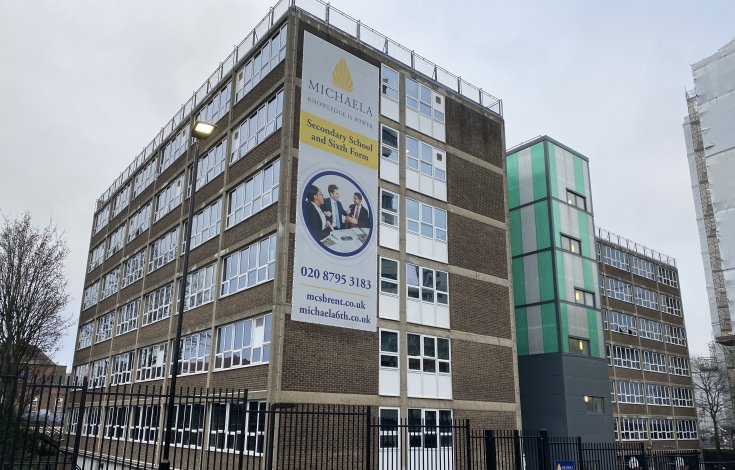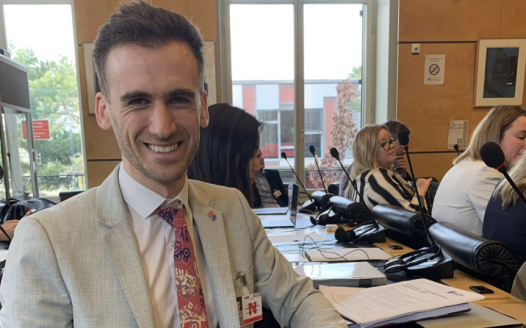School’s decision to restrict prayer rituals lawful, court finds
Posted: Tue, 16th Apr 2024
Disadvantage to Muslim pupils outweighed by need to promote interests of whole school community, judge says.
The National Secular Society has welcomed a ruling that a school's restriction on 'prayer rituals' was lawful.
In a ruling today, the High Court found Michaela community school in Wembley acted lawfully when its governing body decided to restrict prayers in the playground after they created an "intimidatory and aggressive atmosphere".
Michaela was subjected to death threats and bomb scares last year after a pupil broke school rules about praying in the playground.
The judge found the disadvantage to Muslim pupils at the school caused by restricting prayers "was outweighed by the aims which it seeks to promote in the interests of the School community as a whole, including Muslim pupils".
He noted that the school's ethos involves "promoting integration between pupils from different faiths, cultures and ethnic backgrounds whilst they are at school as well as minimising social distinctions between them".
High court: Prayer policy justified given school's ethos
A pupil, known as "TTT" and her mother took the school to court this year, arguing the restriction on prayer rituals is discriminatory and breaches their freedom of religion or belief.
This followed TTT's suspension after she displayed "extreme rudeness" to a teacher who challenged her for bringing a prayer mat to the playground despite the ban.
The school said the prayer rituals "resulted in a division in the playground between the Muslim and the non-Muslim children which had never happened before".
This included pupils being pressured to fast for Ramadan, wear hijab, and abandon 'un-Islamic' school activities.
TTT's suspension prompted "the most appalling abuse and threats" to teachers and the school, including a bomb scare.
The court said the prayer restriction was justified given "the ethos of the School and the practicalities of facilitating prayer for Muslim pupils at lunchtime".
It noted TTT would be able to perform prayers later in the day.
NSS: Claims of religious freedom do not trump all other considerations
NSS chief executive Stephen Evans said: "Given the disruption experienced by the school, a ruling that the ban on prayer rituals was lawful is welcome.
"It also serves as a useful reminder that claims of religious freedom do not trump all other considerations. If a school wishes to uphold a secular ethos, it should be entitled to do so.
"Schools should be environments where everyone feels welcomed and valued, but that doesn't mean students have untrammelled religious freedom. Where the manifestation of religion is deemed divisive or disruptive, a balance must be struck. We're pleased the school's actions have been vindicated."
Press coverage - NSS quoted:
- School prayer ban upheld as pupil loses High Court challenge (The Times)
- 'A victory for all schools': Britain's 'strictest headteacher' Katharine Birbalsingh hails High Court prayer ban ruling (The Evening Standard)
- Education Secretary: Prayer policy ruling should give headteachers 'confidence' (The Independent)
- Muslim pupil at leading London school loses High Court challenge against its ban on prayer rituals (The Daily Mail)
What the NSS stands for
The Secular Charter outlines 10 principles that guide us as we campaign for a secular democracy which safeguards all citizens' rights to freedom of and from religion.








